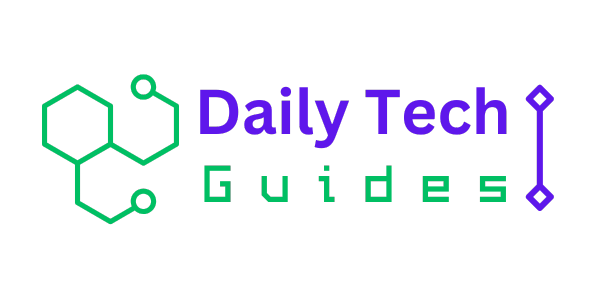SCM planning processes

Planning activities fall into two categories: strategic planning and tactical planning. Strategic planning involves the top level of the planning process. At this level, decisions regarding the number of manufacturing plants and distribution centers are determined. The location of these facilities and the proximity of customers and raw materials and other components are also analyzed. To accomplish this level of planning, design, and analysis and optimization tools are used. Supply chain optimization tools help determine the optimal supply chain network configuration. Supply chain simulation is used with these optimized networks to determine how various configurations will perform in different economic environments.
Demand Planning
Demand planning has taken on new importance in SCM as emphasis has shifted from manufacturing-centric management to customer-centric management.
The objective becomes flexibility in the manufacturing area so that production can be scheduled based on real customer orders, instead of forecasts. To achieve this flexibility, more communication is needed downstream, with distributors and customers, and more control is needed upstream, with suppliers of the raw materials and other components needed in the manufacturing process. This requires a stronger approach to the way a company manages its supply chain.
Advanced Planning and Scheduling
The purpose of APS is to plan and develop an optimized production schedule to meet customer demand based on the constraints of the materials, production resources, and logistics of the supply chain. It goes beyond the capabilities of the scheduling provided by most ERP systems, by using supply chain optimization techniques that determine an optimized schedule based on the goals of management and the constraints of the system.
SCM Execution
These technologies cover a range of solution areas, including applications to track customers, the physical status of goods, the management of materials, and financial information across the entire supply chain. SCM execution technologies include systems for demand management, production execution, materials management, and transportation management.
Demand Management
Demand management attempts to optimize the performance of the supply chain by integrating supply and demand information. To do this, several supply chain technologies are used. As mentioned earlier, forecasting applications are of primary importance, especially in collaboration with other members of the chain. Demand management during execution focuses on weekly or monthly horizons, requiring close communication among supply chain members. The customer relationship management (CRM) system must also be considered, linking product requirements to other customer-related activities.
Supplier Systems
Supplier management systems provide integration between a company and its suppliers. In effective SCM systems, suppliers must be carefully selected, because they become “partners” as members of the supply chain. Here again, collaboration is of utmost importance; information sharing and trust must be exchanged to make the process work. Through supplier databases and business-tobusiness purchasing technologies, companies “integrate” with important suppliers. The supplier has a view of the company’s production requirements and can therefore better predict the components they must supply. This streamlines the purchase order management function, improves delivery performance, and helps reduce product costs
Last word
Logistics is the process of planning and controlling the flow and storage of goods from point of origin to point of consumption. It works hand in hand with the inventory management system and is often outsourced to a service provider who becomes another member of the supply chain.





